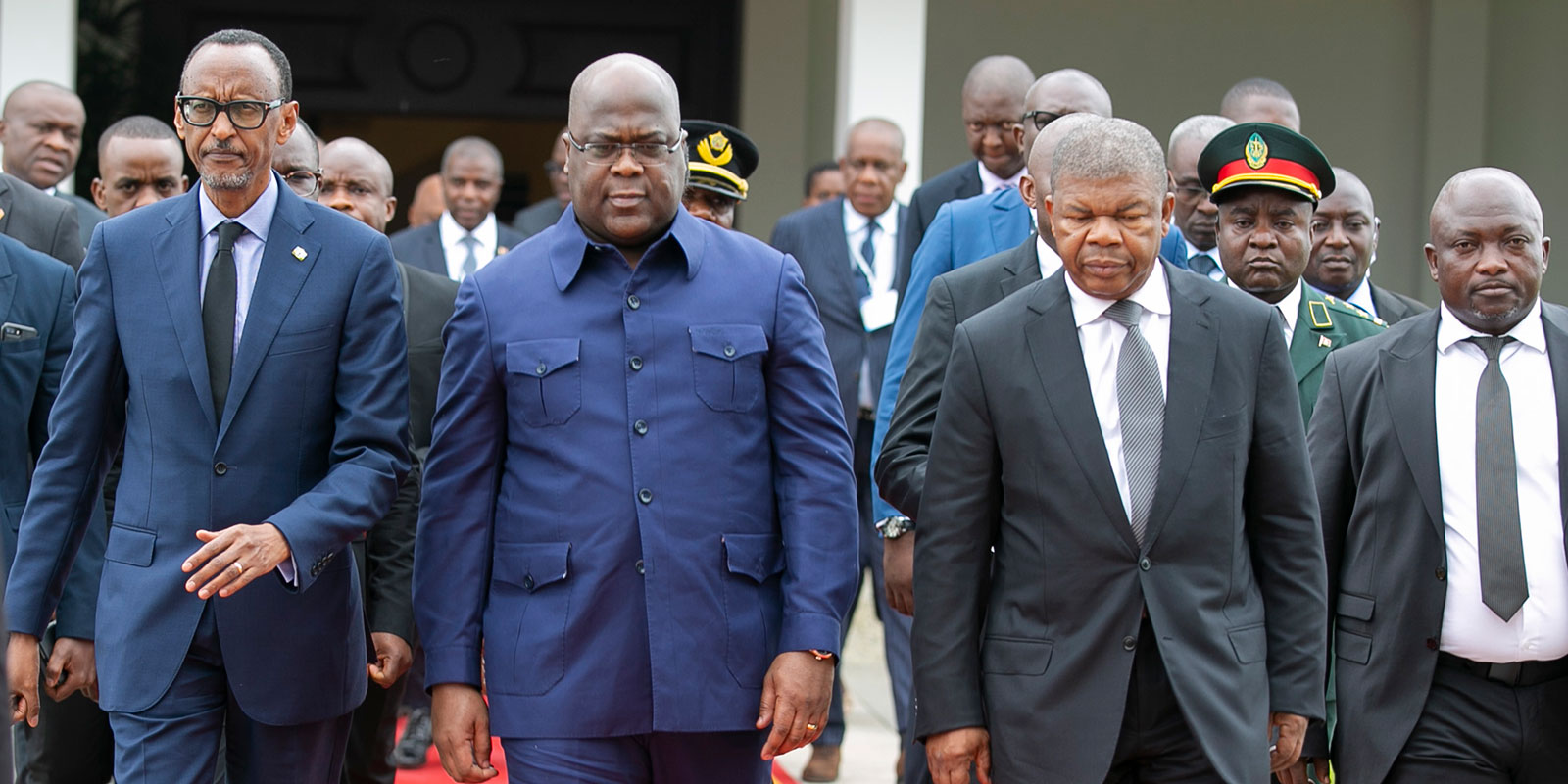The diplomatic tensions between the Democratic Republic of the Congo (DRC) and Rwanda once again increase the risk of conflict in eastern-DRC. These tensions are also an indication that previous agreements between the DRC and Rwanda still suffer from lack of implementation.
Diplomatic tensions between the Democratic Republic of the Congo (DRC) and Rwanda once again increase the risk of conflict in eastern-DRC.
Tweet
Reasons for Recent Tensions
In the past weeks tensions between the DRC and Rwanda were on the rise once more, as fighting between the Congolese military and the resurgent Congolese Revolutionary Army (M23) rebels escalated. Kinshasa has accused Kigali of backing the M23 rebels. Kigali denies the allegations. On the other hand, Kigali has blamed Kinshasa for supporting the Front Démocratique de Libération du Rwanda (FDLR), which Kigali alleges abducted two Rwandan soldiers. In addition, the Rwandan military has accused the DRC military of shelling civilians in a bordering Rwandan province.
Last year, tensions flared due to the re-solidification of ties between the DRC, Uganda and Burundi, as both countries launched separate military operations in the DRC. This has raised concerns in Kigali that their strategic influence in the DRC is declining.
As tensions between the two governments grow, their historically strained diplomatic relationship has again been brought into the spotlight. The effects of these heightened tensions resulted in President Tshisekedi suspending RwandAir flights into DRC, and summoning Rwanda’s ambassador to warn him of the country’s position. President Kagame in return threatened to deploy troops into eastern DRC. In the midst of this dispute, more than a dozen civilians in the DRC have been killed by rebels and in eastern DRC, tens of thousands have been displaced as well, as intense fighting surges.
There is a need to engage in direct talks with the M23 and other rebel groups, including also with their break-away factions.
Tweet
Regional Efforts at Brokering Peace: A Case of Déjà Vu
The rising tension between the DRC and Rwanda have once again highlighted the need for regional intervention to calm tensions. It is in this capacity that the (International Conference on the Great Lakes Region (ICGLR) was requested by the African Union (AU) to mediate and ease tensions between the two states. In a Tripartite Summit held in Luanda on Wednesday, 6 July 2022, Presidents Paul Kagame, his DRC counterpart Félix-Antoine Tshisekedi and their host, João Lourenço, Chair of the ICGLR, met and agreed on a ‘roadmap on the pacification process in the eastern region of DR Congo.’
The two countries agreed in Luanda to normalise political and diplomatic relations, to work towards re-established trust between the states of the region, and to create conditions for dialogue and political consultation to resolve the current security dilemmas in eastern DRC.
The roadmap agreement also addressed the need to deal with the FDLR and its splinter groups, and to deal with hate speech in DRC, which has increased recently targeting Rwanda. In addition, the agreement also committed to reactivate the Joint Intelligence Team Rwanda-DR Congo.
However, a day after the adoption of the roadmap, renewed clashes between M23 rebels and the Forces armées de la République démocratique du Congo (FARDC) erupted in eastern DRC. The M23 declared that it was not bound by a ceasefire agreement, and the M23 spokesperson emphatically stated that “we are Congolese, not Rwandan. If there’s a ceasefire, it can only be between us and the Congolese government.”
How to Bypass the Déjà Vu Syndrome?
To address the structural problems that have engulfed most member states of the ICGLR, there is a need to adopt a broad base holistic approach. The ICGLR should establish a presence on the ground in the eastern region of the DRC. These structures should have the support of the AU and East African Community (EAC) in which both the DRC and Rwanda are member states. In addition, since it is clear that the ICGLR will oversee the implementation of the roadmap with the leadership of President Lourenço, there is a need to ensure that mechanisms are put in place that will hold parties accountable should they fail to uphold their part of the agreement. This will help to change the narrative that revolves around the lack of implementations of these agreements. Finally, there is a need to engage in direct talks with the M23 and other rebel groups, including with their break-away factions.
Anslem W. Adunimay is a research fellow at ACCORD.


